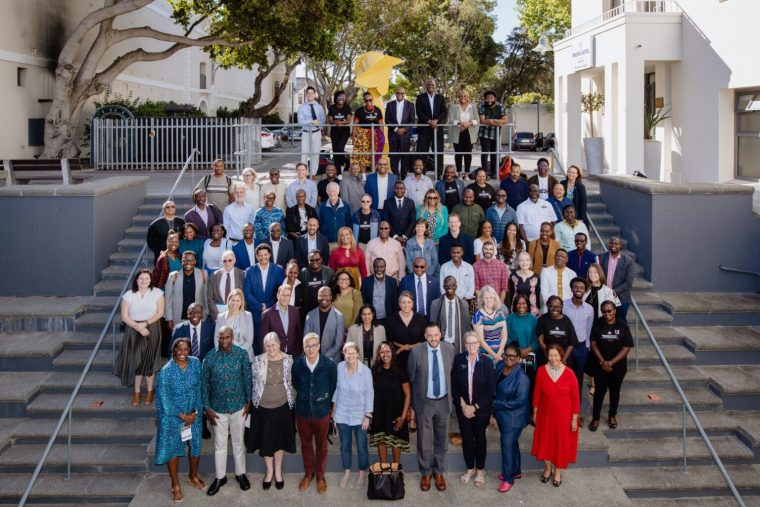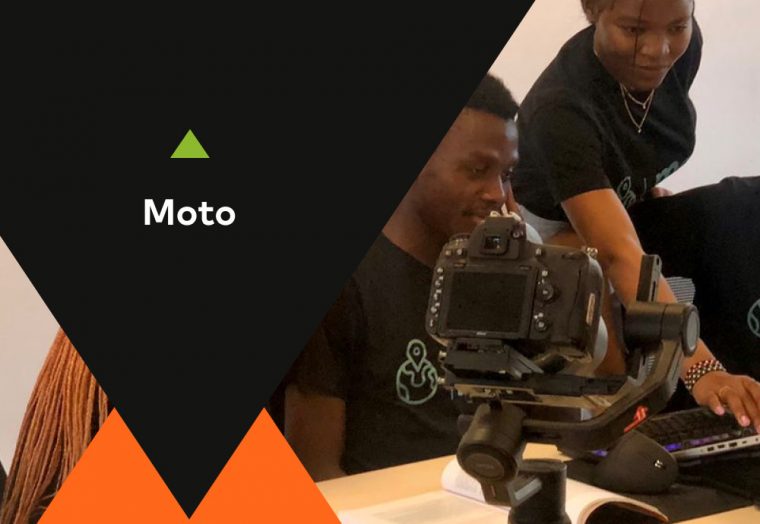The Health Entrepreneurship (HENT) Challenge’s first cohort is getting ready for their upcoming visit to Toronto, where they will continue their implementation phase through activities targeting business development, expanding entrepreneurial networks and facilitating exposure to potential investors.
In the meantime, the HENT Communications team caught up with the ventures from the first HENT Challenge cohort to learn more about the origins of their companies, what they’ve learned to date, and what is coming up next…
Venture Spotlight: MOTO
The Health Entrepreneurship (HENT) Challenge’s first cohort is visiting Toronto this summer, where they are continuing their implementation phase through activities targeting business development, expanding entrepreneurial networks and facilitating exposure to potential investors.
The HENT Communications team caught up with the ventures to learn more about the origins of their companies, what they’ve learned to date, and what is coming up next…
MOTO
While experiencing difficulties with accessing healthcare during medical emergencies on campus, the lack available ambulances left MOTO Co-Founders struggling to get the care they needed. Together, these students (Nomboh Evans Kunchu, Busisiwe Magae, Ruth Nyarindo, Samkeliso Dlamini, Caleb Ndunda, Shaun Oodoomansaïb, and Frankline Misango) were inspired to create MOTO, a quick and affordable solution for individuals experiencing minor medical emergencies, especially for those in remote and under-served areas.
MOTO provides a platform that allows individuals to easily call first-aid trained taxi drivers to attend to minor medical emergencies. Their solution results in care arriving ten times faster than an ambulance. MOTO provides an alternative to traditional ambulance services and healthcare facilities, making it more convenient and affordable for individuals who need medical attention.
Showcasing impressive growth, MOTO completed nearly 2000 transfers using two taxi-ambulances in their first year and a half of operation and were able to obtain a 14% profit margin for re-investment into the company for further growth.
Marketed towards individuals who live in areas where there are few healthcare facilities or who have difficulty accessing traditional healthcare services due to mobility or transportation issues, MOTO aims to make healthcare more convenient and accessible for all.
What is the accomplishment to date that your team is most proud of?
Among the many things that our MOTO team is proud of, one
that stands out is the incorporation of our venture in Mauritius. This has given us a legal framework upon which we can use to build and scale our idea, working towards a global reach.
If you could give advice to another founder getting started, what would that be?
It takes an “A” team to make the most basic idea work in an extraordinary way. Spend substantial time building a quality team.
Looking forward, MOTO is working on making their application more comprehensive in health services. This will allow users to reserve appointments with healthcare professionals who can provide medical consultations via video calls, or in-person visits at the patient’s location. MOTO will also offer a service where prescriptions can be uploaded onto their site, to which a MOTO driver will deliver the required medication in a timely manner. To assist in this growth, the MOTO team is working to onboard 20 drivers a month in their second year, expand to Rwanda, and offer service to cover 9000 people with a 1:250 taxi to person ratio.
You can learn more about MOTO by visiting their website.

You can learn more about MOTO
More News & Events
Skip scroller contentDignity, Data, and Disruption in Africa’s Health Systems: A Young Leader’s Reflection
John Nyagaka, a Mastercard Foundation Scholar and AHC Young Leaders Table Chair, reflects on his transformative experience at the 2025 Annual Convening.
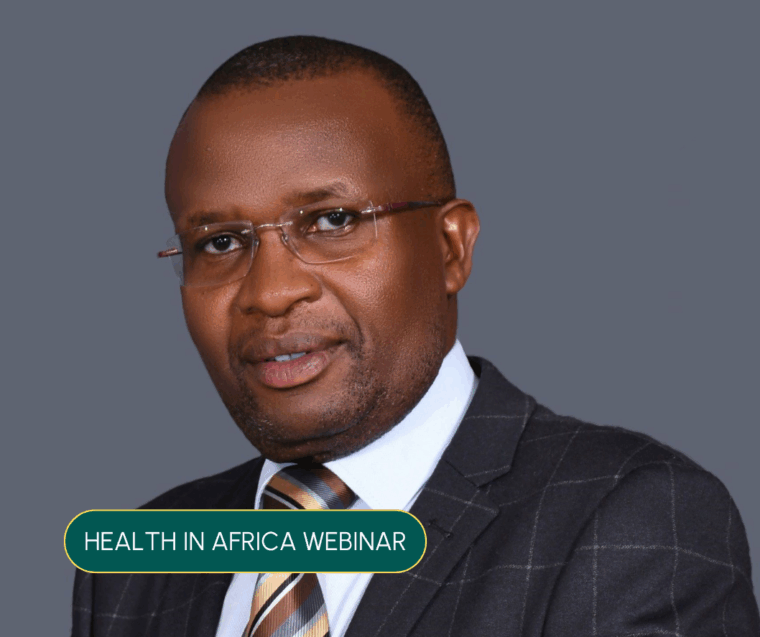
What Works: Improving Maternal and Newborn Health in Kenya and Ethiopia
Join this webinar to explore how community-led systems and digital innovations, in partnership with local leaders, are scaling sustainable healthcare impact and delivering life-saving care for mothers and their newborns.

Apply for the AIMS Master’s in Mathematical Epidemiology (MathEpi) Scholarship
Apply for the 2025 AIMS MathEpi Master’s program. Fully funded scholarships for African students in statistics and public health. Deadline: March 15.

Apply for KNUST’s CPD-Eligible Short Courses in Health Systems and Services Management
Applicants must meet the following requirements to qualify for the scholarship: Short Courses and Timelines 23rd – 27th February 2026: Emergency Preparedness and Response to Epidemic/Pandemic-Prone Diseases 10th – 14th February 2026: Community Emergency Care 24th – 27th February 2026: Palliative Care Module 1 23rd – 27th March 2026: Introduction to Healthcare Quality Improvement (IQI) […]
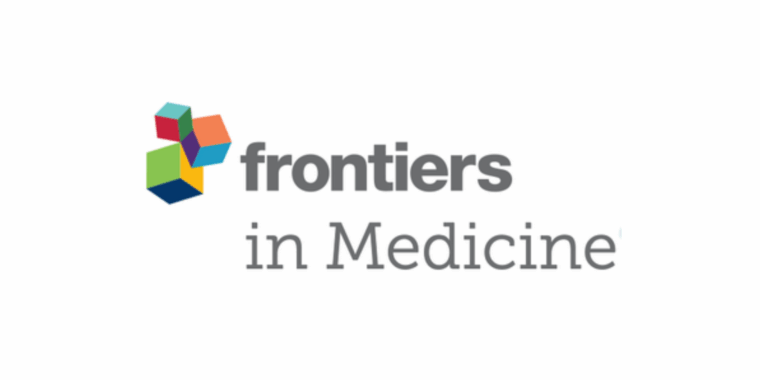
Call for Insights & Stories: Frontiers Opens Special Collection for AHC Partners
The Africa Health Collaborative (AHC) is pleased to share an exciting opportunity for all AHC institutional partners to share original research, reviews, case studies, policy briefs, perspectives, and reflective pieces in a new article collection titled “United in Partnership: Academic Collaborations for Primary Health Care Transformation” by Frontiers in Medicine. This special collection is being […]
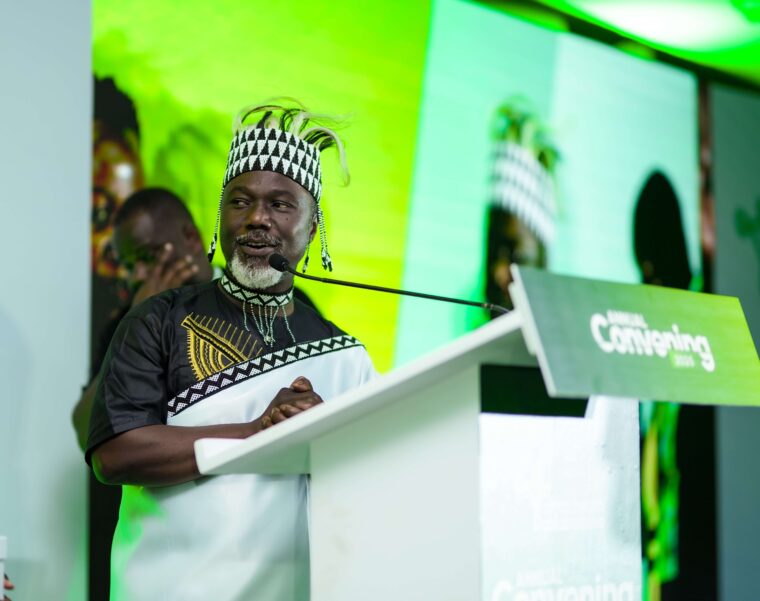
A New Chapter of Collaboration: AHC Welcomes Prof. Joachim Osur as Executive Steering Committee Chair
The Africa Health Collaborative (AHC) has announced Prof. Joachim Osur, Vice Chancellor of Amref International University, as the new Chair of the Executive Steering Committee (ESC). The symbolic handover took place during the closing ceremony of the 2025 AHC Convening in Rwanda, held in October 2025. This marks a significant leadership transition from Prof. Nhlanhla […]
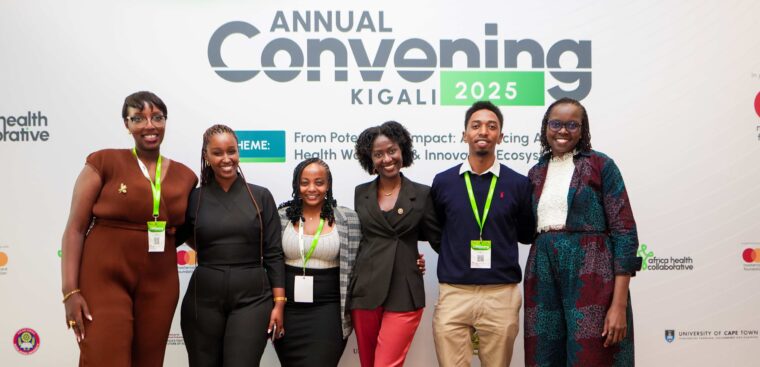
Africa Health Collaborative 2025: Driving Transformative Change in Primary Healthcare Future
Last October, over 170 policymakers, health experts, academics, and youth innovators from 14 countries came together for the Africa Health Collaborative’s (AHC) 2025 Annual Convening, hosted by the African Leadership University (ALU) in Kigali, Rwanda.

Engineering Dignity: Designing Low-Cost Prosthetics in the University of Cape Town’s MedTech Lab
Read about how Jemila Abdulai’s internship at UCT’s MedTech Lab strengthened her commitment to human-centered engineering, demonstrating how affordable innovations like the ADL Arm can expand access, restore dignity, and transform lives in underserved communities.

Graduate Scholarship Opportunities at the Kwame Nkrumah University of Science and Technology
Apply for graduate (MPh, MSc, MPhil, PhD) scholarships at the Kwame Nkrumah University of Science and Technology.
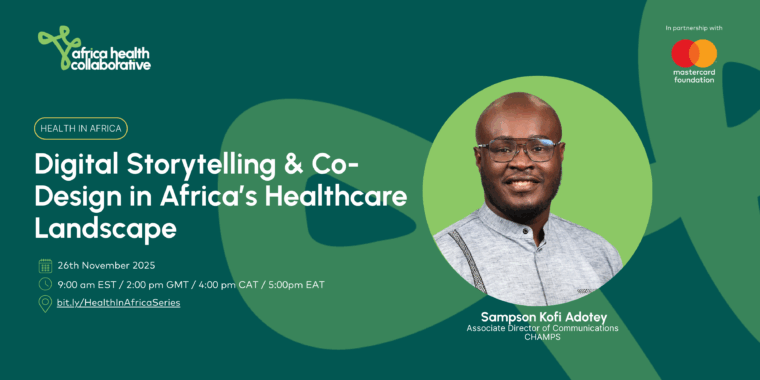
Digital Storytelling & Co-Design in Africa’s Healthcare Landscape
Join this webinar to explore how Digital Storytelling (DST) and Co-Design can transform health systems by centering the people who live the stories.
